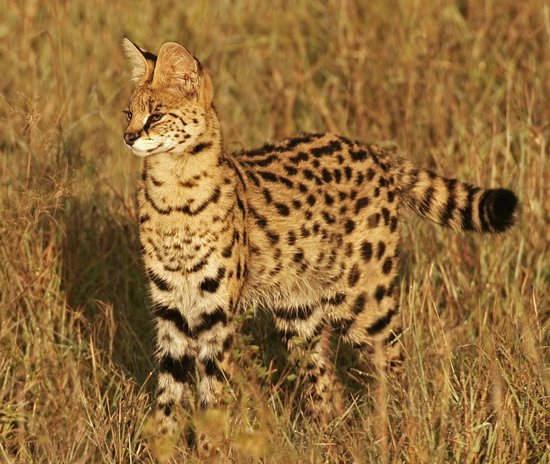The government of the United Kingdom is likely to place a ban on the part-wild hybrid cats as social media hypes grants the extreme breeds popularity.
The unusual features of these cross-breed cats which include: huge size, strong muscles and spotted fur has made them to be seen by people in this social media era as the ideal pet. However the increase in it’s trade raises concerns over animal welfare and the wildlife black market.
Government sources have revealed that they planned to review the Animal Welfare (Licensing of Activities Involving Animals) (England) Regulations 2018.
UK legislation at the moment does not regulate the mix-breeding of exotic felines with domestic cats. A source therefore said “During this review we will consider whether there is a need to introduce licensing arrangements for cat breeders including restrictions on the breeding of certain types of cats.”
The campaigns against these hybrid cats bothers on the argument that their part-wild nature makes them unsuitable for most pet owners because of their complex needs, and also a high demand for the rare felids in the wild will see some breeders resorting to illegal wildlife trade to find wildcats to breed from.
The cross between the African serval and the domestic cat called Savannah cats has gained popularity on social media as a result of their unusual look. Stryker, which is one of such cats has more than 800,000 followers on Instagram. While the luxury cattery promoting the breed has 44,000 followers.
Since 2001 when the savannah cat breed was recognised, there has been a surge in it’s popularity as trophy pet. The “F1 hybrids”- a cat with a serval as a parent- fetching up to £20,000 per kitten.
A research conducted by the Wildheart Trust revealed that there are 259 small and medium exotic cats registered in the UK. A great number of these cats are used for producing these feline amalgam.
“Urgent legislative action to make this form of hybridisation illegal will prevent the suffering of individual animals caught up in this trade and mitigate against future threats to wild populations of exotic felids. The Wildheart Animal Sanctuary has over 40 years of experience caring for exotic felids. We see first-hand the physical and psychological damage inflicted on animals at the hands of humans ” said a spokesperson for the charity
A breed called Bengals were created by breeding domestic animals with Asian leopard. While the breed is established, most are bred with each other rather than wildcats. Due to the high energy characteristics that are too much for their owners to handle, many of them are dumped at Animal rescue centers.
Bengals that have a wildcat as it’s parent or grandparent could be subject to a ban, however, many of the breed are now so interbred that wildcats are far back in their lineage are likely to still be allowed according to experts.
Battersea Dogs and Cats Home has declared it’s support of the ban on breeding hybrid cats according to its spokesperson who said: ” In recent years demand has grown for designer hybrid cats such as savannahs cats, a cross between a domestic cat and an African serval. Unsurprisingly these cats are not suitable for domestic home environment, due to their wild cat DNA, their size, and their very strong predatory instincts.” He added: “We have seen so many examples of animals being bred for their looks rather than welfare, causing numerous welfare issues. It’s vital that we clampdown on this practice and stop further animals suffering at the hands of indiscriminate breeders.”
The RSPCA has joined in calling for a crackdown on the breeding of these cats stating the fact that it involves a demand for dangerous wild animals and the implication of that on the safety of both humans and animals as its reason.
The scientific officer of RSPCA Evie Button said: ” We have concerns about the breeding, trade and keeping of wild – or ‘exotic’ – animals kept as pets, including those classified as dangerous wild animals, such as servals. We believe that animals should only be kept in captivity if good welfare can be assured and this can be challenging.
Exotic pets are wild, non-domesticated animals kept in captivity and so their needs are essentially no different to the same species living in the wild. Some species- like servals- are unsuitable to be kept as pets because their needs are too complex to be met in a household environment”
Lastly she said that the charity was pushing for a wider review into the keeping of exotic animals as pets.

Leave a Reply
You must be logged in to post a comment.